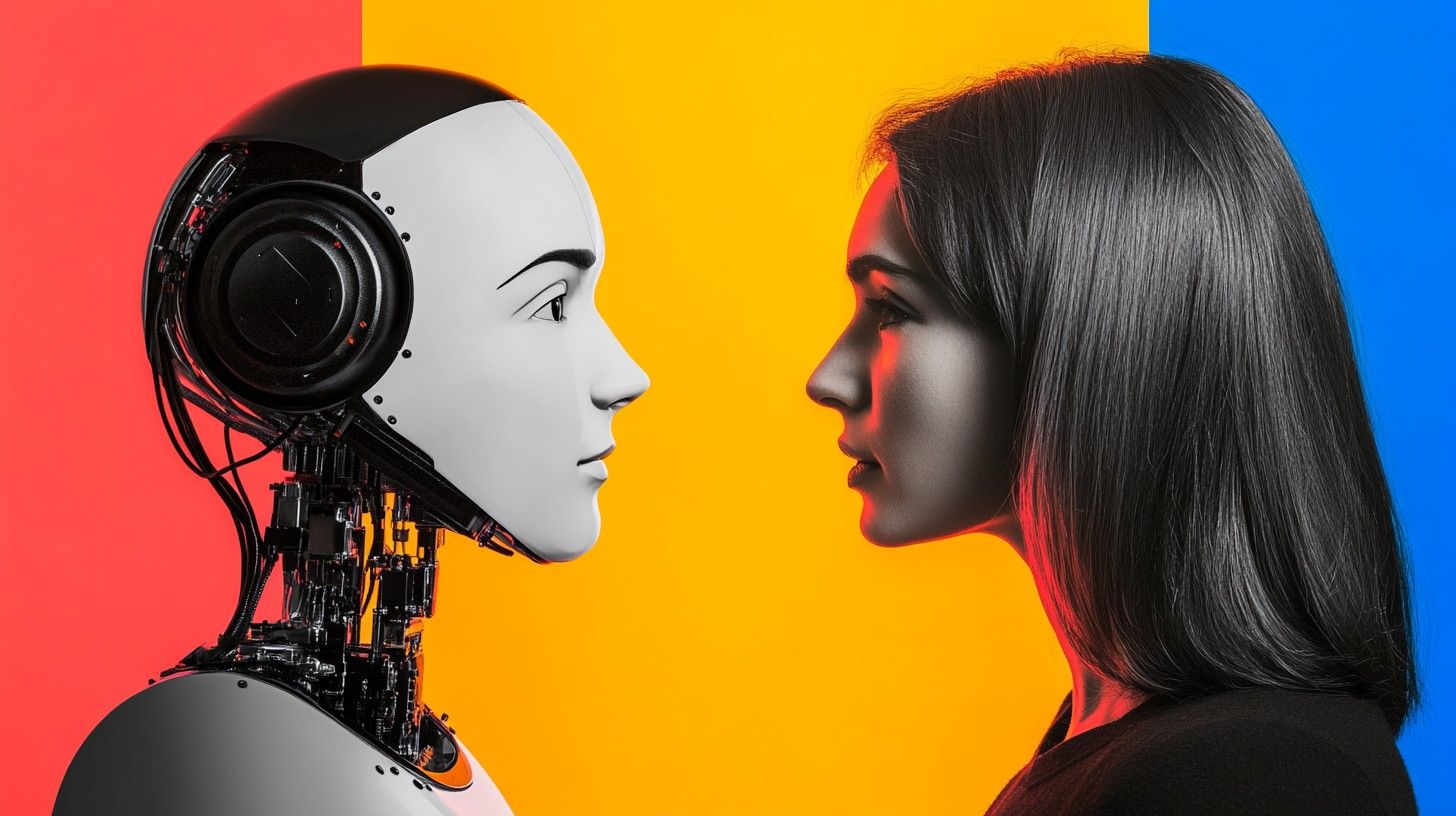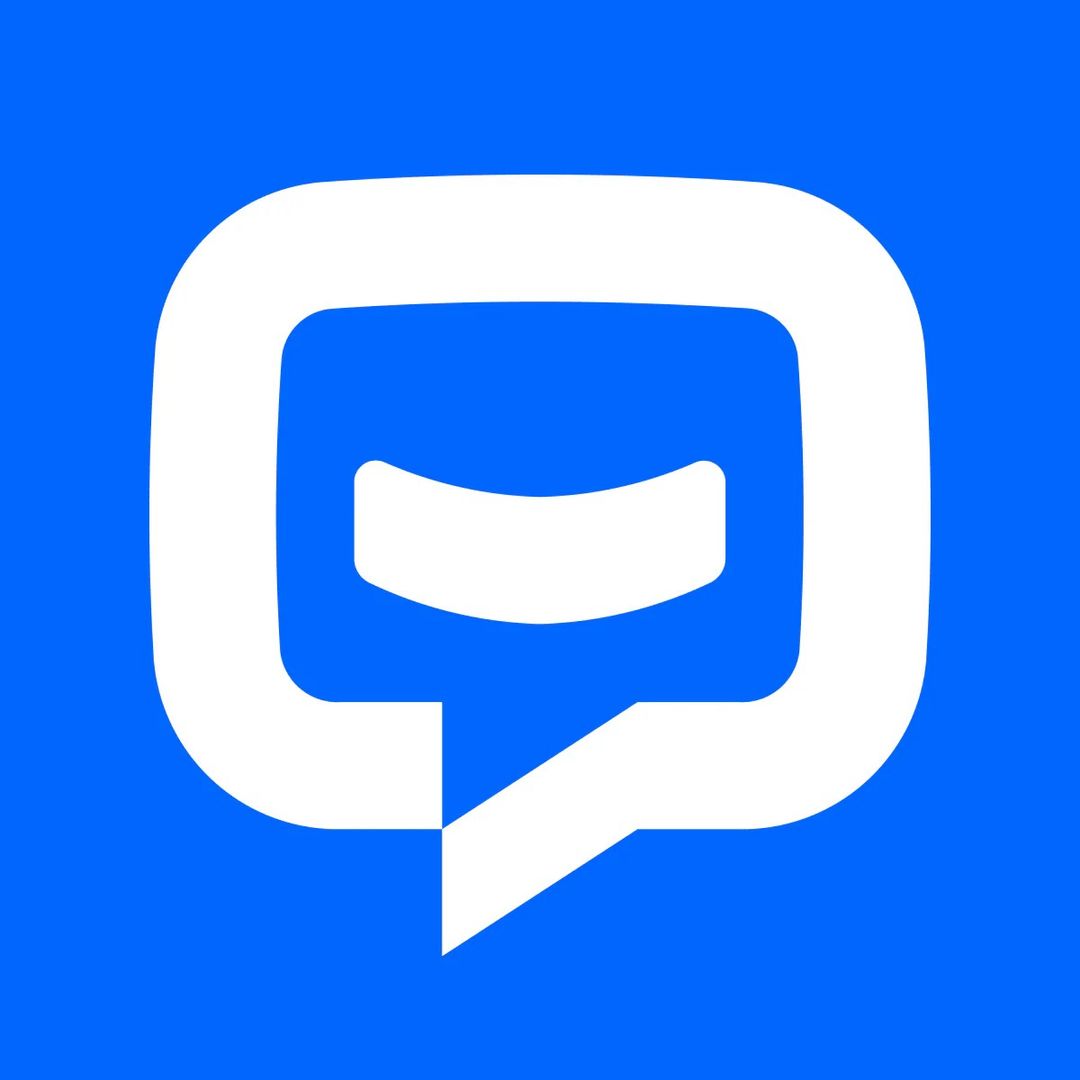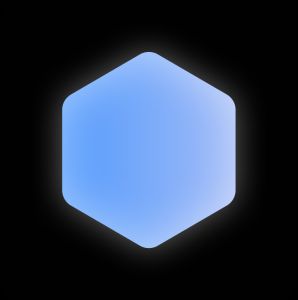Claude vs ChatGPT: Best AI Chatbot Assistant of 2025?
Find the best AI assistant in 2025! Our comparison highlights strengths of Claude and ChatGPT. Which AI chatbot wins? Choose the best AI for you.

The AI chatbot landscape has transformed dramatically, with Claude and ChatGPT establishing themselves as the leading AI assistants in 2025. Whether you're aiming to enhance productivity, streamline complex workflows, or tackle creative challenges, selecting between these advanced AI language models requires understanding their distinct capabilities and limitations. Unlike simplified comparisons that merely scratch the surface, this guide delves deep into the nuanced differences between these AI chatbot platforms. By exploring Claude vs ChatGPT across various dimensions, this comprehensive guide helps you determine which AI assistant truly qualifies as the best AI solution for your specific needs.
How Have AI Assistants Like Claude and ChatGPT Transformed Productivity in 2025?
AI assistants like Claude and ChatGPT have fundamentally altered how we approach work across various domains. These AI tools now function less as simple question-answering systems and more as collaborative partners that extend human capabilities. Both ChatGPT and Claude excel at reducing friction in workflows—whether drafting emails, summarizing research, generating code, or analyzing data in Excel.
The productivity gains from these best AI chatbot platforms come not just from automating routine tasks but from augmenting higher-order thinking. Claude 3.5 Sonnet and the latest GPT models can maintain context across extended conversations, understanding the broader goals behind individual requests. This enables a more natural collaborative process where the AI assistant builds upon previous interactions rather than treating each query in isolation. For professionals in 2025, the question is no longer whether to leverage AI for productivity, but which AI chatbot solution best complements their specific work patterns and cognitive style.
What's the Difference Between Claude vs ChatGPT's Language Model Architectures?
The technical foundations of these AI language models reveal important distinctions that affect real-world performance. ChatGPT works through iterations of the GPT architecture (now well beyond GPT-4), which excels at pattern recognition and generalization across vast datasets. This architecture gives ChatGPT particular strengths in creative generation and adapting to novel contexts without explicit instruction.
Unlike ChatGPT, Claude's architecture, developed by Anthropic, employs what they call "Constitutional AI" methods. The Claude series, including Claude 3 and Claude 3.5 Sonnet, demonstrates different strengths as a result—particularly in areas requiring careful reasoning and nuanced interpretation of complex instructions. This architectural distinction helps Claude maintain more consistent logical coherence across extended reasoning chains. For users choosing the right AI for specialized tasks, understanding these architectural differences provides insight into why each assistant performs differently across various use cases.
How Do These AI Bots Handle Coding and Technical Problem-Solving?
When evaluating AI capabilities for coding and technical tasks, both assistants demonstrate impressive but differentiated strengths. ChatGPT shines with practical implementation, efficiently generating working code across numerous languages and frameworks. Using ChatGPT for coding tasks often yields immediately deployable solutions, particularly for web development, data processing, and API integration challenges.
Claude excels at explaining the underlying concepts and reasoning behind coding approaches. Where ChatGPT might immediately provide a solution, Claude helps users understand the architectural considerations and trade-offs involved. This makes Claude particularly valuable for learning complex programming concepts or debugging challenging issues. Advanced AI capabilities in both assistants continue to improve in handling complex technical scenarios, but many developers in 2025 find that alternating between these AI tools depending on whether they need quick implementation or deeper understanding creates an optimal workflow.
Which AI Assistant Delivers Better Results for Content Creation and Creative Writing?
Content creation represents one of the most popular applications for these leading AI chatbot platforms. ChatGPT vs Claude in creative contexts reveals interesting distinctions. ChatGPT maintains an edge in versatility across different creative formats—from marketing copy to fictional narratives to poetry—adapting quickly to stylistic requirements with minimal prompting. ChatGPT prompts focused on specific creative techniques tend to yield immediately usable results.
Claude's approach to creative tasks demonstrates more awareness of thematic coherence and conceptual depth. When comparing content generated by these AI assistants like Claude and ChatGPT, many writers note that Claude's outputs often feel more intentionally structured and demonstrate greater consistency in voice and theme across longer pieces. The world of AI writing assistance continues to evolve rapidly, but the current consensus among creative professionals is that these tools work best as collaborative partners rather than autonomous creators—helping overcome creative blocks, suggesting alternative approaches, and amplifying human creativity rather than replacing it.
How Do Claude vs ChatGPT Compare on Ethical Considerations and Safety?
Ethical considerations have become increasingly central when selecting the best AI chatbot for professional applications. Anthropic's Claude was developed with an explicit focus on "AI alignment"—ensuring the assistant's responses align with human values and ethical principles. This helps Claude excel at recognizing potentially problematic requests and declining them with thoughtful explanations rather than simple refusals.
ChatGPT and Claude both implement robust safety systems, but they balance usefulness and protection differently. ChatGPT works within carefully defined guardrails while maximizing helpfulness within those boundaries. The relative emphasis these AI language models place on different ethical values—accuracy, creativity, safety, transparency—creates subtle but important distinctions in how they respond to ambiguous or sensitive queries. For organizations where ethical AI usage is paramount, understanding these different approaches to AI safety has become as important as evaluating technical capabilities.
What Are the Pricing Structures for ChatGPT vs Claude in 2025?
The economic considerations when choosing between these AI chatbot platforms have evolved significantly. ChatGPT offers a multi-tiered subscription model ranging from limited free access to enterprise-level plans with expanded features, higher usage limits, and priority performance. OpenAI has refined this approach over time to balance accessibility with sustainable business operations.
Claude provides similar tiered options with some notable differences in how specialized usage is priced. Unlike ChatGPT, Claude offers more tailored pricing for research, education, and non-profit applications. Both AI assistants now provide API access with consumption-based pricing, allowing organizations to deeply integrate these tools into their workflows. When evaluating costs, consider not just the base subscription fee but also usage caps, API pricing (if needed), and whether the structure aligns with your typical patterns of AI assistant usage.
How Effective Are These AI Assistants for Research in 2025?
Research capabilities reveal significant differences between these AI language models. ChatGPT excels at rapidly synthesizing information across diverse topics and generating comprehensive summaries. Its integration with browsing capabilities allows it to access and process current information, though verification remains essential.
Claude demonstrates particular strengths in analyzing complex documents with precision, maintaining logical consistency throughout extended analyses, and explicitly reasoning through nuanced problems. For academic or professional research requiring sophisticated interpretation of complex texts, Claude's approach to handling context and preserving precision gives it distinct advantages. Many researchers in 2025 leverage both AI assistants—using ChatGPT for broad information gathering and Claude for deeper analysis—creating a complementary research workflow that combines the best attributes of each platform.
Which AI Chatbot Platform Offers Better Integration With Productivity Tools?
The integration ecosystem has become a decisive factor when selecting an AI chatbot solution. ChatGPT offers extensive integration across major productivity platforms, allowing seamless incorporation into tools like Excel, document editors, email clients, and project management software. These integrations enable ChatGPT to analyze documents in-context and provide assistance without platform switching.
Claude's integration approach focuses on deeper functionality with fewer platforms. While supporting fewer total integrations than ChatGPT, the connections it does maintain tend to provide more sophisticated capabilities within those environments. Both AI assistants now offer robust APIs that allow custom integrations, but the development resources required mean that off-the-shelf integrations often determine which assistant fits better into existing workflows. For organizations heavily invested in particular productivity ecosystems, these integration differences can be crucial in determining the best AI option.
How Do These Leading AI Assistants Handle Conversational Nuance?
The conversational capabilities of these AI chatbot platforms extend far beyond simple query-response patterns. ChatGPT demonstrates remarkable versatility in adjusting its tone and style to match different contexts. It particularly excels at maintaining consistent personas across conversations when instructed to adopt specific communication styles.
Claude's conversational approach shows distinct strengths in detecting emotional subtleties and responding appropriately to complex human expressions. Many users report that Claude maintains more coherent "memory" of previous exchanges, creating a more consistent overall interaction. These different approaches to conversation create subtle but meaningful distinctions in user experience—ChatGPT often feels more adaptable across varied contexts, while Claude maintains a more consistent conversational approach with greater attention to nuance.
How Is AI Marketing in 2025 Influenced by These Chatbot Platforms?
AI marketing in 2025 has been revolutionized by these advanced language models. ChatGPT shines in generating varied marketing content at scale—from social media posts to email campaigns to advertising copy. Its ability to quickly adapt to different brand voices makes it particularly valuable for marketing teams managing multiple clients or product lines.
Claude's strengths in marketing contexts come from its deeper analysis of audience psychology and market positioning. It excels at developing comprehensive marketing strategies that maintain consistency across channels rather than treating each content piece in isolation. Both AI assistants have become essential tools for modern marketers, but they tend to be deployed differently—ChatGPT often handles high-volume content creation, while Claude more frequently contributes to strategic planning and messaging refinement. The ability to leverage AI for both creative and analytical marketing tasks has transformed how marketing teams operate in 2025.
What Does the Future Hold for AI Assistants Like Claude and ChatGPT?
Both AI assistants continue to evolve at a remarkable pace. ChatGPT's development roadmap suggests increasing multimodal capabilities—expanding beyond text to more sophisticated analysis and generation of images, audio, and video. OpenAI has also indicated plans to provide more customization options for specific domains like healthcare, finance, and education.
Anthropic's AI advancements appear focused on enhancing Claude's reasoning capabilities, particularly for tasks requiring extended logical analysis and nuanced decision-making. The Claude series is also increasingly incorporating specialized knowledge in scientific and technical domains. Both companies are addressing limitations in factuality and working to reduce hallucinations. As generative AI technology continues its rapid evolution, the competitive landscape between these leading AI chatbot platforms will likely continue to shift, with new capabilities emerging regularly that helps Claude and ChatGPT better serve their users.
Choosing the Right AI: How to Select Between Claude and ChatGPT for Your Specific Needs
Selecting the best AI chatbot ultimately depends on understanding your specific requirements. If your work involves frequent creative content generation across multiple formats, ChatGPT's versatility and style-matching abilities might be preferable. For tasks requiring careful analysis of complex information or handling sensitive topics with nuance, Claude often provides advantages.
Begin by documenting clear use cases—identify exactly what you need the AI assistant to accomplish and prioritize those capabilities. Test both platforms with examples that reflect your actual work rather than generic scenarios. Many professionals in 2025 maintain access to both AI chatbots, using ChatGPT vs Claude strategically based on the specific task at hand. This approach recognizes that despite marketing claims promoting "all-in-one" AI solutions, different AI models still maintain distinct strengths that are worth leveraging selectively based on context.
Summary: Key Points to Remember When Choosing Between ChatGPT vs Claude
- Identify your primary use cases: ChatGPT generally excels at versatility across multiple domains, while Claude shines with complex reasoning and consistent conversation handling.
- Evaluate integration requirements: Match the AI chatbot solution's integration capabilities with your existing workflow and productivity tools.
- Consider ethical frameworks: Anthropic's Claude emphasizes safety and alignment with human values, while ChatGPT balances protection with broad functionality.
- Assess conversational needs: Choose based on whether you need adaptability (ChatGPT) or consistency and nuance detection (Claude).
- Understand pricing structures: Look beyond base subscription costs to usage limits and specialized pricing for your specific requirements.
- Recognize complementary strengths: Many professionals leverage both AI assistants strategically, using each for its comparative advantages.
- Test with authentic scenarios: Evaluate performance with actual examples from your work rather than using generic test cases.
- Consider technical support: Assess the quality and availability of support resources, especially for enterprise deployments.
- Stay informed about AI advancements: Both platforms continue to evolve rapidly in the world of AI, so maintain awareness of new features and capabilities.
- Keep appropriate expectations: Despite impressive capabilities, all AI chatbots have limitations that require human oversight and verification.
Featured AI Agents

ChatBot is an all-in-one platform to create, deploy, and track chatbots across channels.
- Visual builder
- AI-powered chatbots
- Let training improve your chatbots every day

